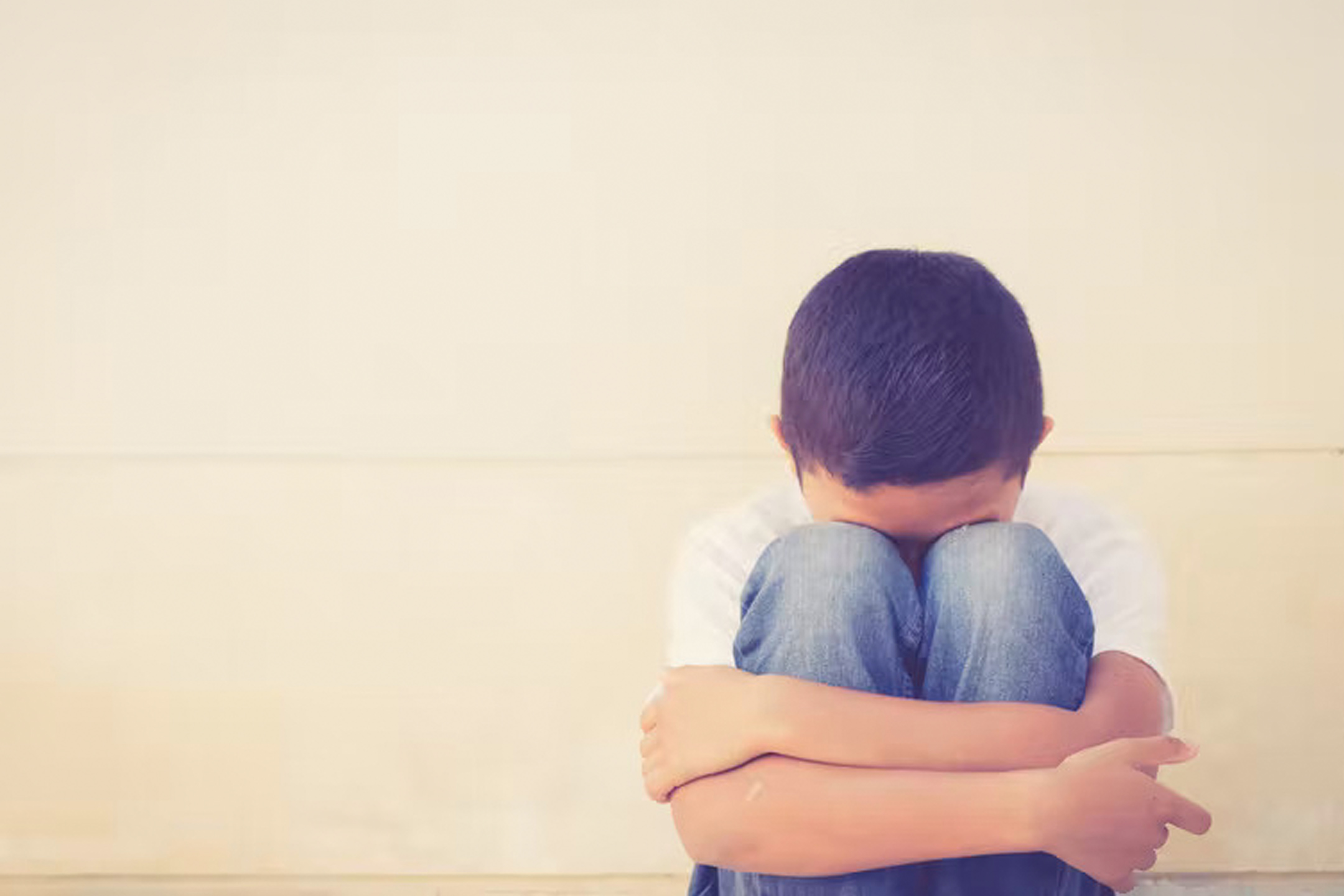
01 May When Bullying Breaks a Child: One Mother’s Fight to Be Heard
What do you do when your child is being bullied—and the school insists everything is fine? Anthea Rowan shares her harrowing journey through denial, doubt, and finally, decisive action to protect her son.
The First Signs: “Some of the boys hit me”
It began when Jack* was 10. One weekend, he came home from boarding school unusually tearful and withdrawn. “Some of the boys at school hit me,” he eventually admitted. He didn’t even know how to call it bullying.
We contacted the school. They said he seemed happy and promised to “keep an eye on him.” But the problem continued. Each break, Jack returned home more fragile. Hitting. Name-calling. Different boys. Same target.
Reassurances That Weren’t Reassuring
At each meeting, the school assured us that Jack seemed fine. They encouraged him to speak up if threatened—but how could a scared child do that?
My husband, who had been bullied himself as a child, wrestled with conflicting emotions. Was Jack becoming a victim because we were too quick to intervene? Should he toughen up instead?
Cry for Help: “I don’t think I can do this anymore”
One year after Jack first opened up, I dropped him off at school after a weekend at home. He clung to my hand and begged me not to leave. “I don’t think I can do this anymore,” he sobbed.
I left, but a week later, I returned under the pretence of a dentist appointment. He looked terrible—pale, withdrawn, exhausted. We brought him home, despite the school’s disapproval.
The Aftermath at Home
At home, Jack barely ate. When he did, he threw up. “It’s just all the bad stuff coming out,” he told me. He couldn’t sleep and lay on a mattress in our room, eyes wide with worry.
“Why can’t you sleep?” I asked. “Because I’m scared of what will happen tomorrow,” he said. “It’s all my fault. I’m too weak.”
A Game of Pretend That Revealed the Truth
To help him talk, I suggested we pretend there was a boy called James being bullied. Jack slowly opened up. ‘James’ had been kicked, hit, called names—and once had his head slammed in a locker door so hard he nearly fainted.
To escape, he’d hide for hours on the games field, trying to figure out how to make it stop.
Learning the Hard Truth About Bullying
I began reading everything I could. I learned that bullied children often don’t tell anyone—not because they’re secretive, but because they feel ashamed. When they do speak up, it’s usually to their mother.
The school kept insisting they were monitoring him. Some of the worst incidents, we discovered, took place during break time on Mondays. “Ah, yes, we’re in meetings then,” said the head.
A Mother’s Instincts Versus the Status Quo
Other parents had similar stories, but didn’t know what was happening at the time.
I listened to another mother relate her son’s experience. He was the same age as Jack and was also being bullied – not violently, but daily – by older boys. His school day was being spent either putting on a brave face or giving his tormentors the angry reaction they craved. “I didn’t know what he was going through,” she told me.
I also listened to a woman with years of experience as an educationalist insisting that if I let my son fall at the first fence (if I removed him from the school where he was being victimised), I would be teaching him to shy away from life’s hurdles. My husband’s contemporaries were embarrassed that I was making such a fuss. Many of them were Old Boys who’d endured similar treatment at the same school a generation before. “It’s character building,” they told me. Character building? How can the systematic abuse of a 10-year-old by his contemporaries be character-building?
I took Jack to a psychologist, against my husband’s wishes. “You’re making it worse,” he said.
But the psychologist confirmed what I feared—Jack was eloquent, rational, and terrified. Without a sense of safety or belonging, how could he learn?
“It’s character building”—Or Is It?
Friends and family weren’t supportive. “It’s character building,” they told me. Many were Old Boys from the same school who believed enduring bullying was part of growing up.
But how could systematic abuse ever build character?
After numerous letters and meetings and many sleepless nights agonising over our son’s future, we decided to permanently remove Jack from the school. Some peers were outraged, but I didn’t care. It was better to let them down than let my son down.
A New Beginning
Three years later, Jack is thriving. Being bullied is not character-building. It’s not some obligatory rite of passage. If there was anything in his ghastly experience that was character-building, though, it was Jack’s courage in articulating his pain; it was his strength in persevering until I, belatedly, reacted positively. It was his ability to adapt to life in another school, and it was – especially – his realisation that he could effect change and make his world a better place. He’s confident enough to play sports, participate in class, and says, “Kids only learn when they’re happy, Mum.” He understands now that bullying is never deserved.
In the end, perhaps his courage helped others, too. After we left, the school introduced its first-ever anti-bullying policy.
“You did the right thing,” a board member later told me. “Bullying is not part of the school experience. Our job is to optimise children’s chances, education, and quality of life.”
We wouldn’t accept that kind of treatment as adults. Why should our children?
*Name has been changed




